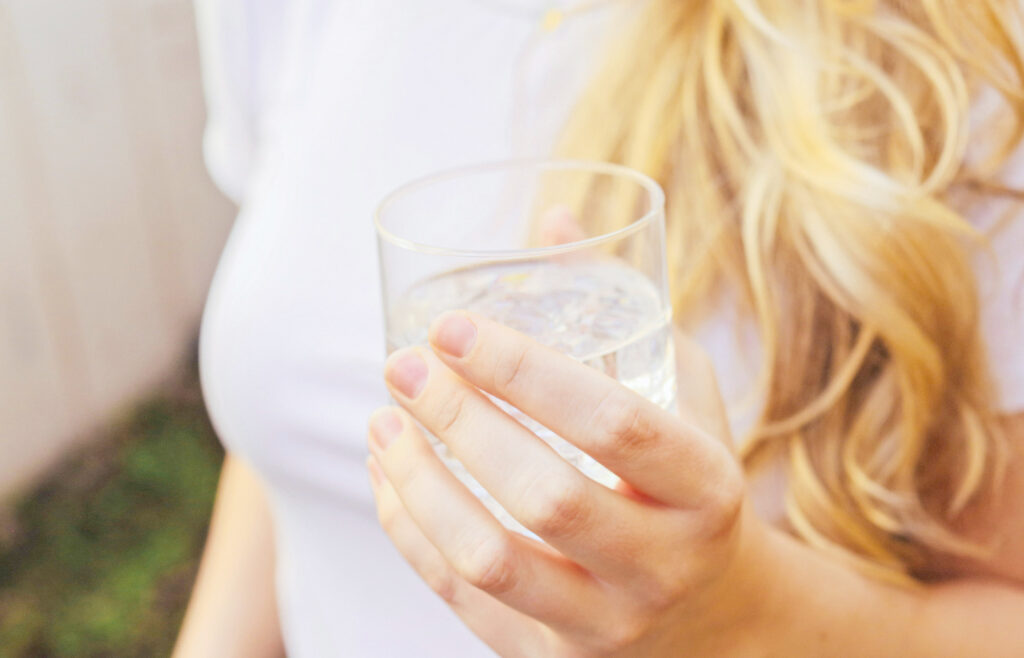This summer, the Philippines is expecting twice the heat with El Niño spiking up temperatures. As the numbers on our thermometers climb, so does the risk of succumbing to a heat-related illness like heat cramps or heat exhaustion.
Some people such as children, the elderly and individuals with chronic conditions are particularly susceptible to heat-related illnesses. Common symptoms of heat-related illnesses range from mild symptoms such as red and itchy skin (heat rash) to more serious ones including nausea, fainting and muscle pains (heat stroke).
For a safe and comfortable summer, Amado A. Flores III, MD of Makati Medical Center recommends brushing up on what to do when intense heat is making you physically ill.
Go somewhere cooler. The most important thing to do is seek refuge in a cooler environment. “It’s ideal for you to stay somewhere with air conditioning when you start feeling unwell,” says Dr. Flores. “When that’s not an option, even somewhere with shade is much better than standing in the sun. The goal here is to help your body cool down and lower its temperature.”
Hydrate with electrolytes. Hydrating is also key to bringing your body temperature down so go for a cool beverage like water or even a sports drink with electrolytes. “Electrolytes, such as potassium, sodium, calcium, magnesium and chloride, maintain our fluid balance, facilitate nerve function, regulate muscle contractions and support numerous biochemical reactions within our bodies. Replenishing electrolytes during a heat wave is important because we lose them when we sweat,” explains Dr. Flores
Cool the body. It’s also important to cool the largest organ of your body where heat escapes through — the skin. Soak a towel (or napkins or even a t-shirt) and dampen the neck, back, chest and shoulders. According to Dr. Flores, the science behind this is that the wet towel will pull heat away from your body, cooling your skin and aiding temperature regulation. “If possible, you can also try submerging your hands and feet in cold water. This is effective because the wrists and ankles have pulse points, where blood vessels are near the skin, allowing for a faster cooling process,” adds Dr. Flores.
But when it comes to heat-related illnesses, MakatiMed emphasizes that prevention is always better than cure. “Stay out of the sun if you can help it, especially during the hottest hour of the day at around 3 p.m.,” advises Dr. Flores. “If you have to go out then wear light, loose clothing and be careful not to overexert yourself.”
Watching what you eat and drink is also part of staving off heat-related illnesses. Eat food with high water content: pineapple, tomato, celery, cucumber and cauliflower all go a long way in keeping your body hydrated. You should also avoid drinks with alcohol and caffeine as they act as diuretics, causing your body to shed more water than normal and speeding up the dehydration process.
For more information, visit www.makatimed.net.ph.
